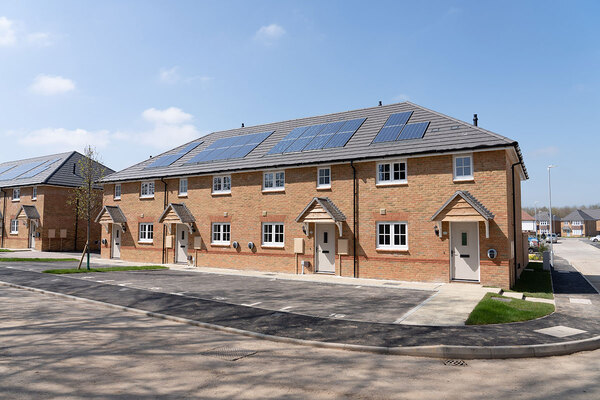You are viewing 1 of your 1 free articles
Proposed merger would weaken combined group’s credit worthiness, says ratings agency
The proposed merger between Housing 21 and fellow older people’s housing specialist The ExtraCare Charitable Trust (ECCT) will leave the combined group weaker, according to a major credit ratings agency.
In its analysis on the creditworthiness of the combined group, Standard & Poor’s (S&P) said it considered ECCT’s operating model to carry a higher risk than Housing 21’s, while the group’s debt metrics could weaken and its liquidity position may become more volatile if the merger completes.
Birmingham-based Housing 21, which provides extra-care and retirement living accommodation, operates around 22,000 homes across 240 local authority areas.
ECCT, which is based in Coventry, manages 16 retirement villages and four housing schemes for the over-55s. In total, the trust has around 4,200 homes.
As a result of the merger talks, S&P has placed its ‘A-’ long-term issuer credit rating on Housing 21 on ‘credit watch’ with negative implications. The agency has also cast the same outlook over the landlord’s £500m senior secured bond.
S&P said this revised placement reflects its view that the potential business combination could result in a weaker credit profile for the combined group. Therefore, it would lower the landlord’s rating down by one or two notches if the merger completes.
This is because ECCT’s operating model carries higher risk as it primarily sells homes to older people under long lease contracts, with the obligation to buy back the unit when the lease terminates.
S&P also understands that ECCT’s operating surplus would dilute the combined group’s adjusted EBITDA and that the operating model could potentially result in future debt-like obligations.
However, the agency said Housing 21 will continue to see strong and increasing demand for its services in retirement housing and extra care, which will drive stable and predictable rental revenue and support financial performance.
S&P said: “We think the increasing capital expenditure associated with Housing 21’s development ambitions will moderately raise its debt intake, pressuring its debt metrics and liquidity. Demand for Housing 21’s properties is underpinned by strong demographic tailwinds in England, which has a rapidly ageing population.
“We note that vacancy rates have remained high because the group has been developing and acquiring new units and taken longer than expected to fill them. The three-year average vacancy rate is therefore about 3%, which we consider higher than the sector average but anticipate that it will gradually reduce in the medium term.”
Housing 21’s plans for acquisitions while its own developments are scaled back has led S&P to forecast that the landlord’s debt metrics will be weaker than it previously assumed.
In addition, the landlord still benefits from the bond tap issues in fiscal 2021 and 2022 at a favourable interest rate compared to the current environment, with cash being used to fund the growth in units.
In response, Housing 21 said: “A final decision on the merger will be made by the end of September once the due diligence is completed but will be subject to board approvals. The revised financial metrics and liquidity requirements of the combined group will be a key part of the board’s decision. At this point we expect the credit watch to be resolved.”
Sign up for our development and finance newsletter
Already have an account? Click here to manage your newsletters












